Nature and Technology
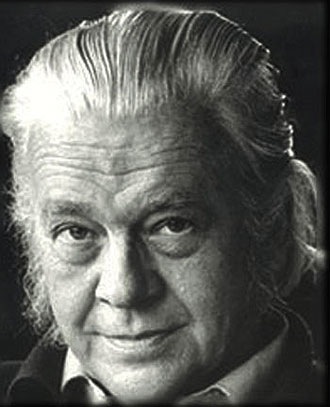
“The system of nature, of which man is a part, tends to be self-balancing, self-adjusting, self-cleansing. Not so with technology.”
–Ernst Friedrich (“E. F.”) Schumacher (German-born British Economist and Developer of Concepts of Intermediate Technology and Author of Small is Beautiful, 1911-1977)

“Small Is Beautiful: Economics as if People Mattered” (E. F. Schumacher)
The Greatest Help is Self-Help
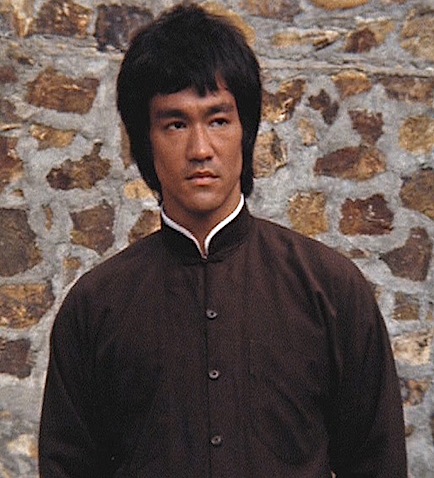
“I have come to discover through earnest personal experience and dedicated learning that ultimately the greatest help is self-help; that there is no other help but self-help — doing one’s best, dedicating oneself wholeheartedly to a given task, which happens to have no end but is an on-going process.”
–Bruce Lee (Chinese-American Martial Artist, Actor, Director and Author, 1940-1973)
Riding the Whirlwind
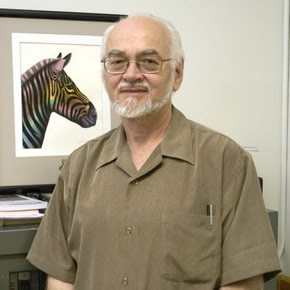
“In emotional turmoil, the upward influences of subcortical emotional circuits on the higher reaches of the brain are stronger than topdown controls. Although humans can strengthen and empower the downward controls through emotional education and self-mastery, few can ride the whirlwind of unbridled emotions with great skill.”
–Jaak Panksepp (Estonian-born American Psychologist, Neuroscientist and Baily Endowed Chair of Animal Well Being Science for the Department of Veterinary and Comparative Anatomy, Pharmacology, and Physiology at Washington State University’s College of Veterinary Medicine, 1943-)
Examine Yourself From Every Side
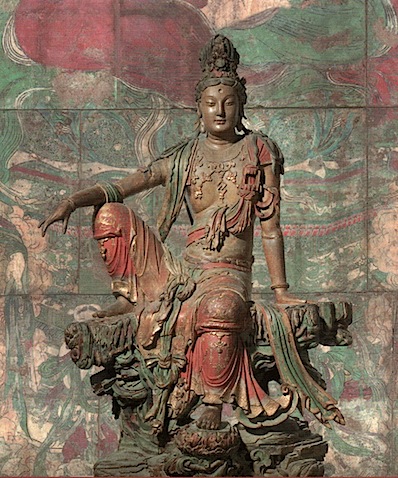
“Examine thus yourself from every side.
Note harmful thoughts and every futile striving.
Thus it is that heroes in the Bodhisattva path
Apply the remedies to keep a steady mind.”
–Shantideva (Indian Buddhist Scholar at Nalanda University, 8th Century)

Resisting Impulses: A Crucial Skill For Everyone!
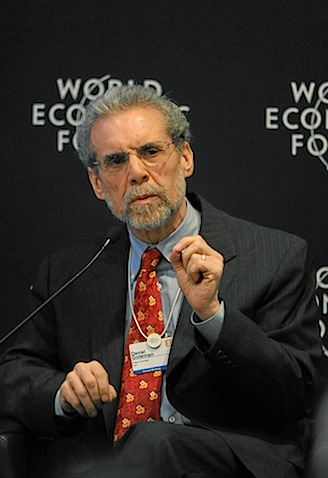
“There is perhaps no psychological skill more fundamental than resisting impulse. It is the root of all emotional self-control, since all emotions, by their very nature, lead to one or another impulse to act. The root meaning of the word emotion, remember, is “to move.”
–Daniel Goleman (American Psychologist, Journalist, Author and Consultant, 1946-)

“Emotional Intelligence: Why It Can Matter More Than IQ” (Daniel Goleman)
Success Is Gauged By Self-Mastery
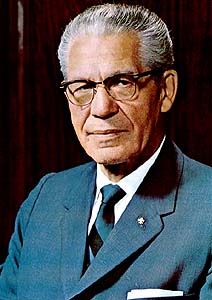
I think that this brief piece from The Ensign, originally published back in 1975, contains some valuable insights that you might find helpful:
“I should like to say a few words about self-discipline, self-control, or self-mastery which is so important to all of us if we are to accomplish what we set out to do and enjoy the blessings which we desire so much. First, I should like to quote some of the philosophers.
Plato said: “The first and best victory is to conquer self; to be conquered by self is, of all things, the most shameful and vile.”
And da Vinci once said: “You will never have a greater or lesser dominion than that over yourself.” Then he goes on to say that “The height of a man’s success is gauged by his self-mastery; the depth of his failure by his self-abandonment. . . . And this law is the expression of eternal justice. He who cannot establish dominion over himself will have no dominion over others.”
In other words, he cannot be a worthy father or leader. Solomon in all his wisdom made this meaningful statement: “He that is slow to anger is better than the mighty; and he that ruleth his spirit than he that taketh a city.” (Proverbs 16:32) There are two important elements in self-mastery. The first is to determine your course or set the sails, so to speak, of moral standards; the other is the willpower, or the wind in the sails carrying one forward. As I said before, character is determined by the extent to which we can master ourselves toward good ends. It is difficult to say just what builds good character, but we know it when we see it. It always commands our admiration, and the absence of it our pity. But it is largely a matter of willpower.”
–N. Eldon Tanner (American-born Canadian Teacher and Business Leader of The Church of Jesus Christ of Latter-day Saints, 1898-1982)
The Art of Walking
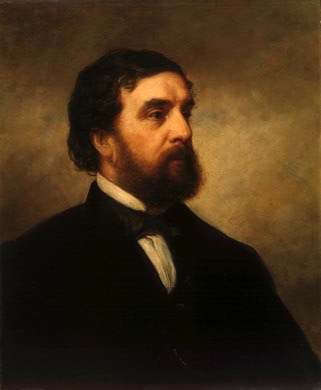
“The art of walking is at once suggestive of the dignity of man. Progressive motion alone implies power, but in almost every other instance it seems a power gained at the expense of self-possession.”
–Henry Theodore Tuckerman (American Writer, Critic and Essayist, 1813-1871)
The Highest Condition of Excellence
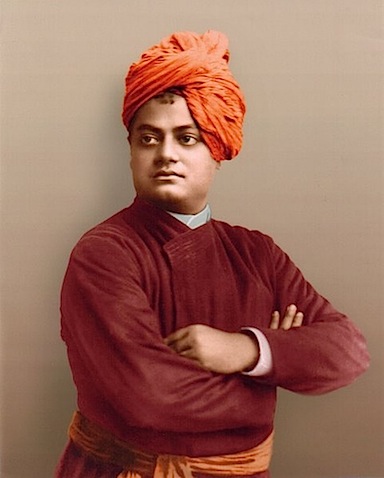
“The central secret is to know that the various human passions and feelings and emotions in the human heart are not wrong in themselves; only they have to be carefully controlled and given a higher and higher direction, until they attain the very highest condition of excellence.”
–Swami Vivekananda (Indian Hindu Mystic and Spiritual Teacher, 1863-1902)
The First Step: Self-Mastery

“Begin at once a program of self-mastery. But start modestly, with the little things that bother you. When you call your child, be prepared that she may not respond to you, or if she does, she might not do what you want her to do. Under these circumstances, it doesn’t help your child for you to become agitated. It should not be in her power to cause you any disturbance”
–Epictetus (Phrygian-born Greek Stoic Philosopher, c.A.D.55- c.A.D.135)
Conquering Yourself

“Conquer yourself and the world lies at your feet.”
–Saint Augustine of Hippo (Numidian-born Theologian, A.D.354-430)







